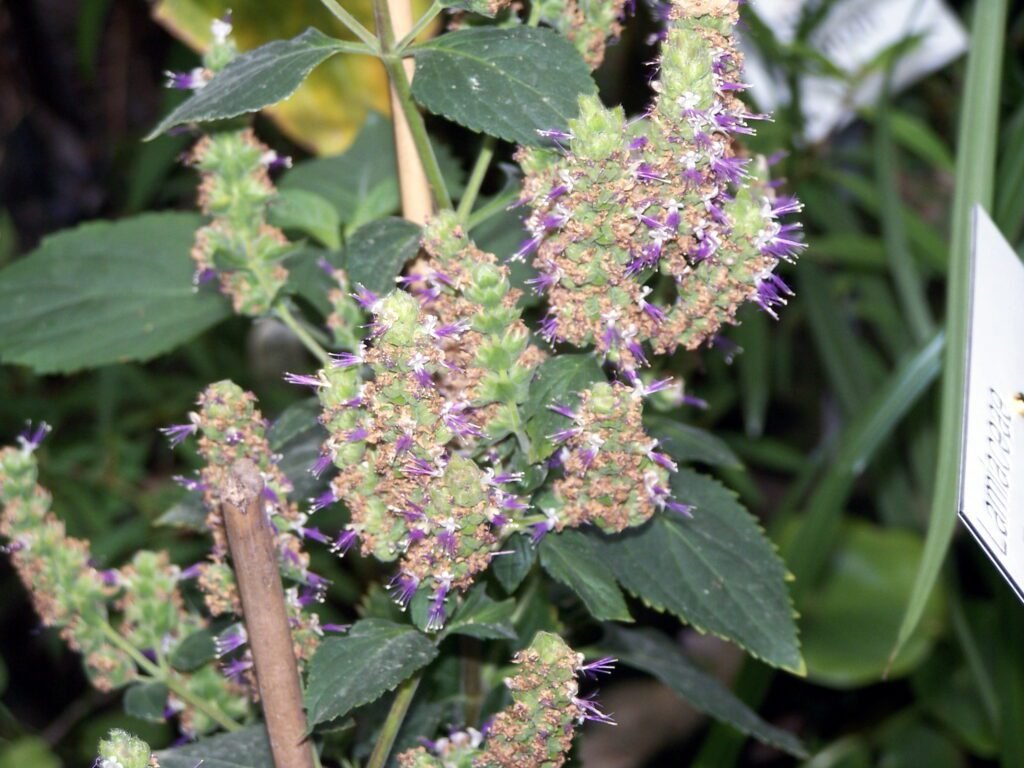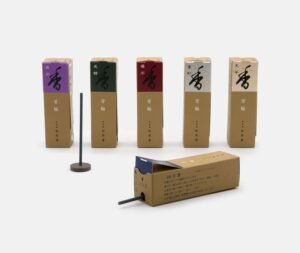Introduction
The word “patchouli” might evoke various images and sensations for you, such as a mystical aura, an earthy scent, or perhaps a feeling of relaxation. You’re not alone in this. The rising popularity of patchouli incense underscores its broad appeal. Originally used in spiritual rituals, it now also finds applications in aromatherapy and holistic health, offering a range of benefits.
So, brace yourselves as we delve deep into this aromatic world, dispelling myths, uncovering benefits, and presenting you with a thorough understanding of what makes patchouli incense a go-to choice for so many.
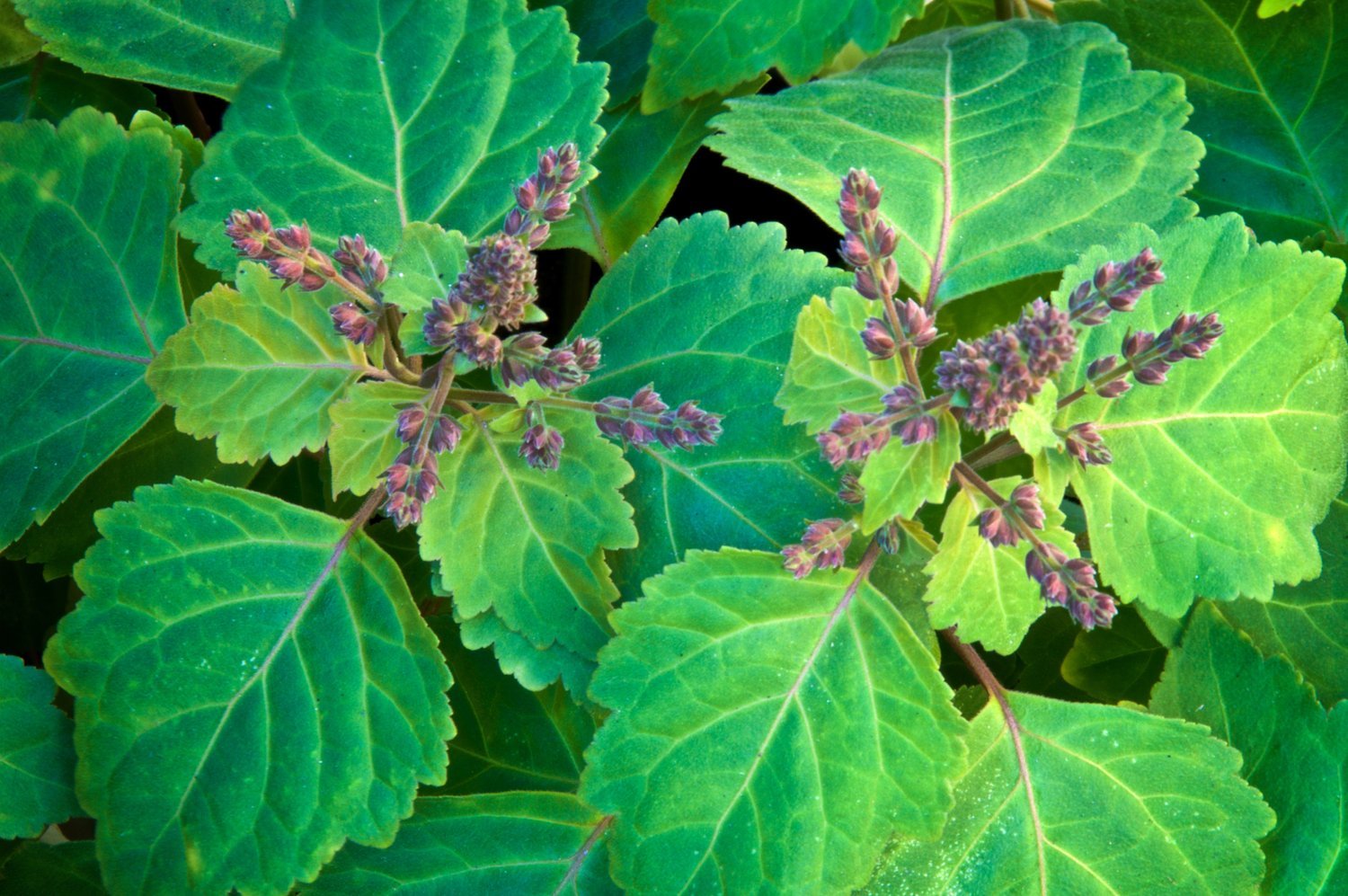
What is Patchouli Incense?
When it comes to defining patchouli incense, most discussions invariably center around its aromatic quality—its earthy, woody scent often tinged with sweet and spicy notes. But what exactly is patchouli? Let’s set the record straight.
Definition and Basic Characteristics of Patchouli Incense
Patchouli is a fragrant substance made primarily from the leaves of the Pogostemon cablin plant, a member of the mint family. Native to tropical regions of Asia, the leaves undergo a meticulous process of drying and curing before they’re ready for the next step. Artisans finely crush these dried leaves and often mix them with a binding resin and other aromatic substances to create incense sticks or cones.
Unlike other types of incense that may be flowery or sharp, patchouli carries a distinct earthy aroma. It’s a scent that’s complex, grounding, and somewhat addictive—once you experience it, you’ll likely want to keep coming back for more.
How Patchouli incense is made
Making patchouli incense is as much an art as it is a science. Harvesters collect leaves from the Pogostemon cablin plant and dry them in a shaded area to keep their natural oils intact. After that, they cure the dried leaves to intensify their aroma. Then, they crush the leaves into a fine powder.
This powder acts as the foundational material for the incense. Makers mix it with a natural binding agent, often a type of plant resin, to maintain the shape, whether as sticks or cones. Sometimes, they add extra scents or spices to craft a unique aromatic blend. Finally, they mold the mixture into its final shape and let it dry, producing the patchouli incense sticks or cones you can buy in stores.
Common Uses and Applications in Modern Life
Today, patchouli incense has carved a niche for itself in various walks of modern life. While its traditional role in spiritual and ritualistic ceremonies remains, it now also plays a significant role in aromatherapy, where its calming effects are used to reduce stress and anxiety. Beyond that, people use it for meditation, for setting a relaxing ambiance at home, or even for masking unpleasant odors.
Moreover, patchouli incense has found its way into the world of holistic wellness, lauded for its potential in grounding the spirit and balancing emotional states. So, whether you’re lighting a stick to accompany a yoga session or simply to unwind after a long day, patchouli incense offers a versatile range of applications that cater to modern needs.
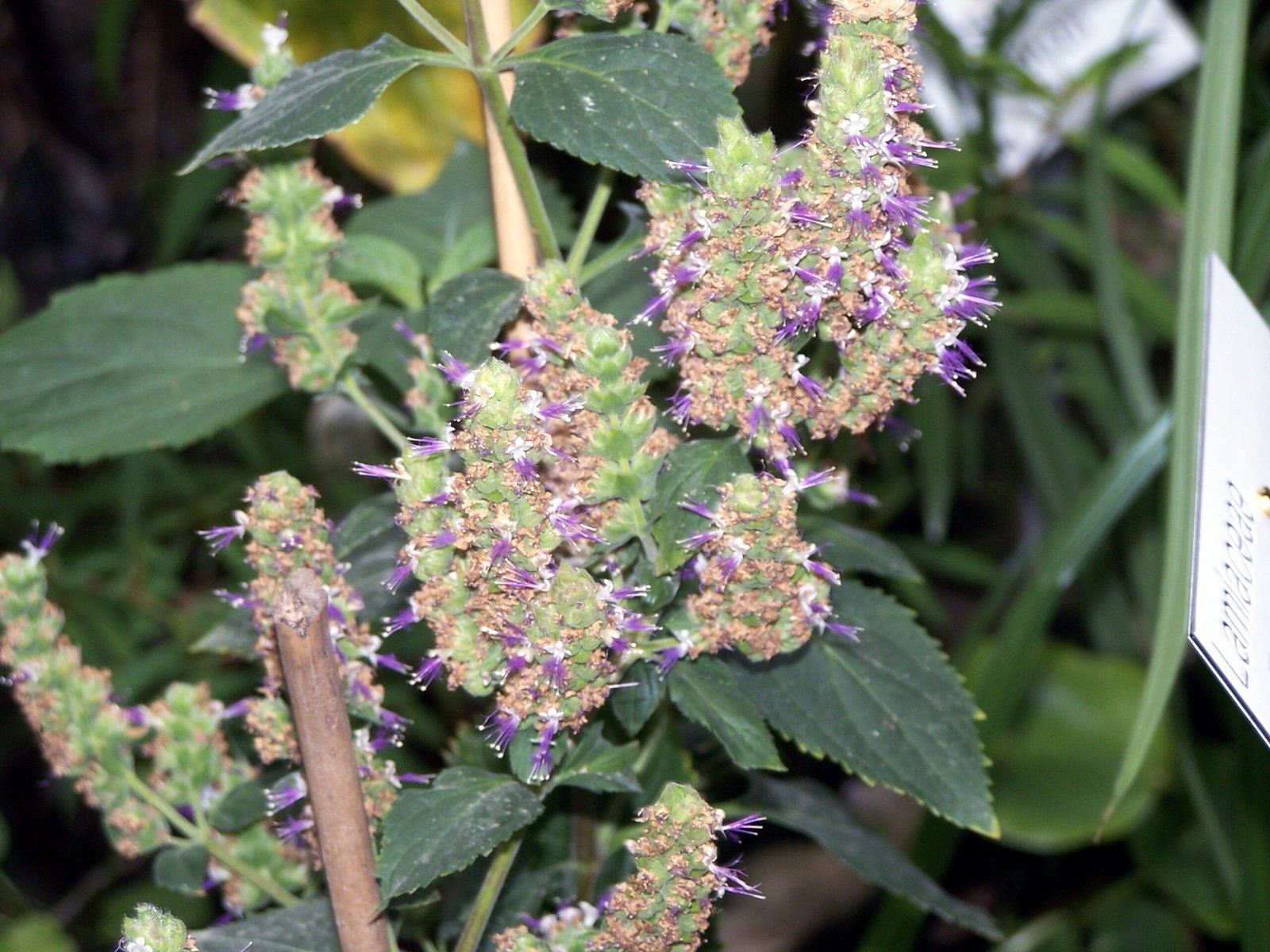
The Multifaceted Benefits of Patchouli Incense
As we venture beyond the aromatic intricacies and historical richness of patchouli incense, it’s time to examine all the benefits. This is where patchouli truly shines, offering a suite of benefits that touch upon physical, mental, and even spiritual well-being. Let’s delve into the manifold ways in which patchouli incense can enhance your life.
Physical Benefits
Often underrated in discussions centered around aroma, the physical benefits of patchouli incense are worth their weight in gold. One of its most celebrated properties is its role as an insect repellent. The specific compounds within patchouli leaves serve as a natural deterrent against mosquitoes and other pesky insects, making it a smart choice for outdoor gatherings or open-window seasons.
Beyond warding off insects, the incense has been cited for its potential antimicrobial properties. Though it should never replace medical treatments, the smoke from patchouli incense can contribute to a cleaner environment by reducing airborne pathogens. Additionally, its soothing aroma can also be helpful for those dealing with respiratory issues, aiding in more relaxed breathing.
Mental and Emotional Benefits
Patchouli incense holds a special place in the realm of mental health and emotional well-being. Its calming effect is not merely anecdotal; specific compounds within patchouli interact with neurotransmitters in the brain, encouraging feelings of relaxation and ease. Consequently, it has become a favored choice for stress relief and anxiety management.
The incense also aids in improving focus and concentration. Many people find that burning patchouli incense during study sessions or work enhances their productivity. It helps to create a serene environment where the mind can concentrate, eliminating background noise and distraction.
Spiritual and Holistic Benefits
If you’ve ever felt an inexplicable sense of grounding and balance when exposed to patchouli incense, know that it’s not just your imagination but one of the actual benefits. Historically used in spiritual practices for its grounding effects, the scent helps in achieving a balanced emotional state, particularly during meditation or yoga. It’s also believed to stimulate the release of pleasure hormones like serotonin and dopamine, enhancing your mood and overall sense of well-being.
In the realm of energy work, patchouli is often associated with the grounding of excessive thoughts and spiritual imbalances, making it a staple in practices like Reiki, chakra balancing, and other forms of energy healing.
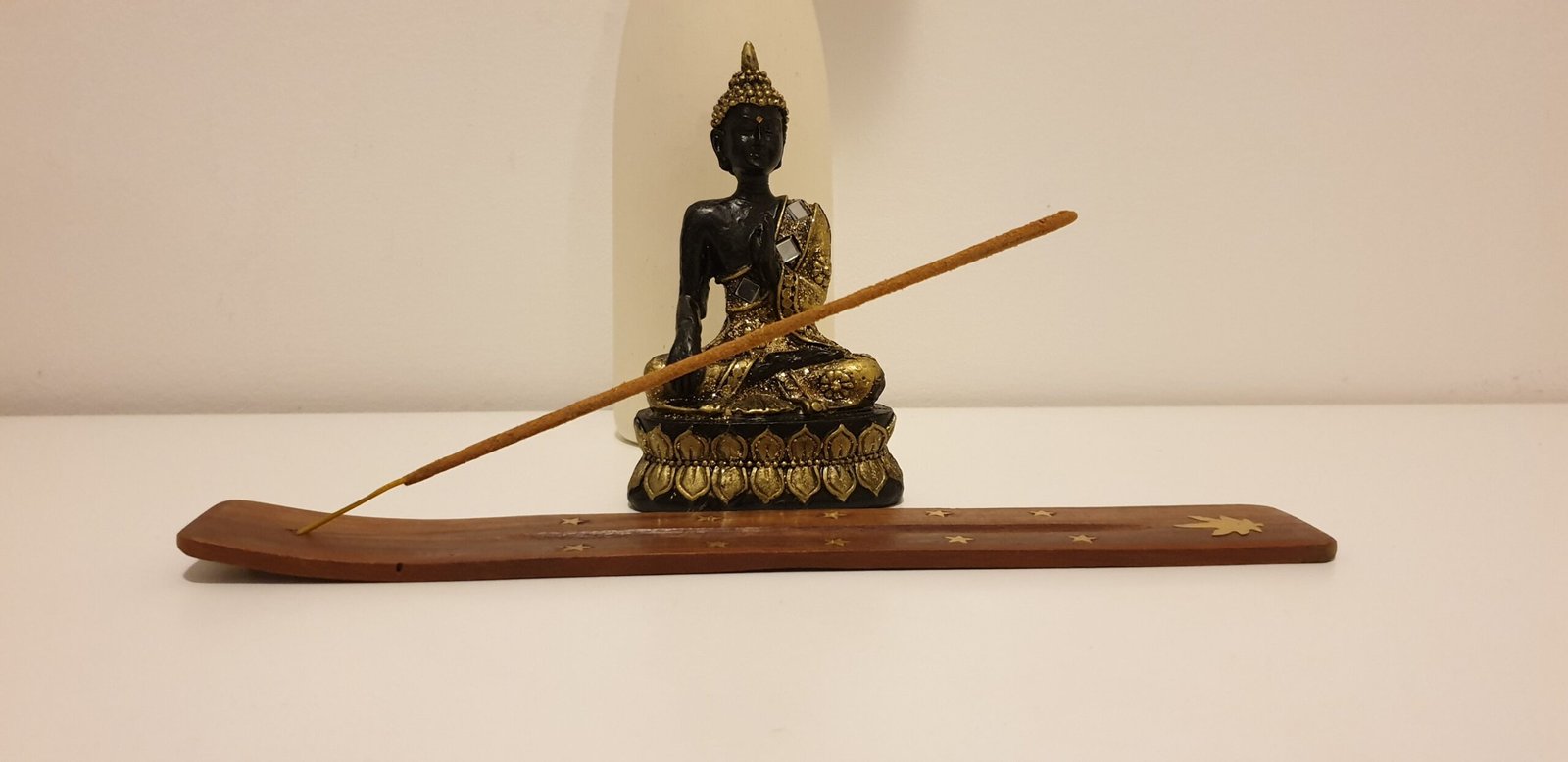
The Intriguing History of Patchouli Incense
From the Orient to the Occident
Patchouli originated in Southeast Asia, particularly in countries like Indonesia, the Philippines, and Malaysia. For centuries, the plant was revered for its myriad uses—ranging from medicinal applications to its inclusion in perfumes and incenses. As maritime trade flourished, patchouli made its way to the Middle Eastern countries.
It didn’t take long for the aromatic leaves to capture the fascination of the West. By the 19th century, patchouli had made significant inroads into European markets. Interestingly, the leaves were initially used to protect precious fabrics from moths during shipping. However, the lingering aroma was so captivating that it was only a matter of time before patchouli became a household name in perfumery and, later on, in the form of incense.
Patchouli in Spiritual Practices
But it wasn’t just about the smell; patchouli was, and continues to be, deeply entrenched in spiritual practices. In Hindu traditions, patchouli incense is often used in rituals and prayers, serving as an offering to deities. Buddhists also employ it in their temples, not just for its aromatic appeal but for its purported ability to aid in meditation by inducing a state of calm and grounding.
In traditional Chinese medicine, patchouli served more than just an aromatic purpose; it was a crucial element in many medicinal concoctions. Even today, the spiritual essence of patchouli incense is tapped into by various cultures and religions, seamlessly melding the ancient with the modern.
Modern Popularity
The 1960s and 70s saw a resurgence of patchouli’s popularity, especially among the “hippie” culture in the United States. It became a symbol of free love, spirituality, and a return to natural living. Nowadays, patchouli incense enjoys a wide-ranging appeal, far beyond any cultural or spiritual boundaries.
Its use in aromatherapy has been a game-changer, elevating it from a cultural staple to a holistic powerhouse. Today, patchouli incense is more than just a relic of the past; it’s a dynamic element in modern wellness practices, featuring prominently in spaces that focus on holistic well-being, be it yoga studios, wellness retreats, or your own living room.
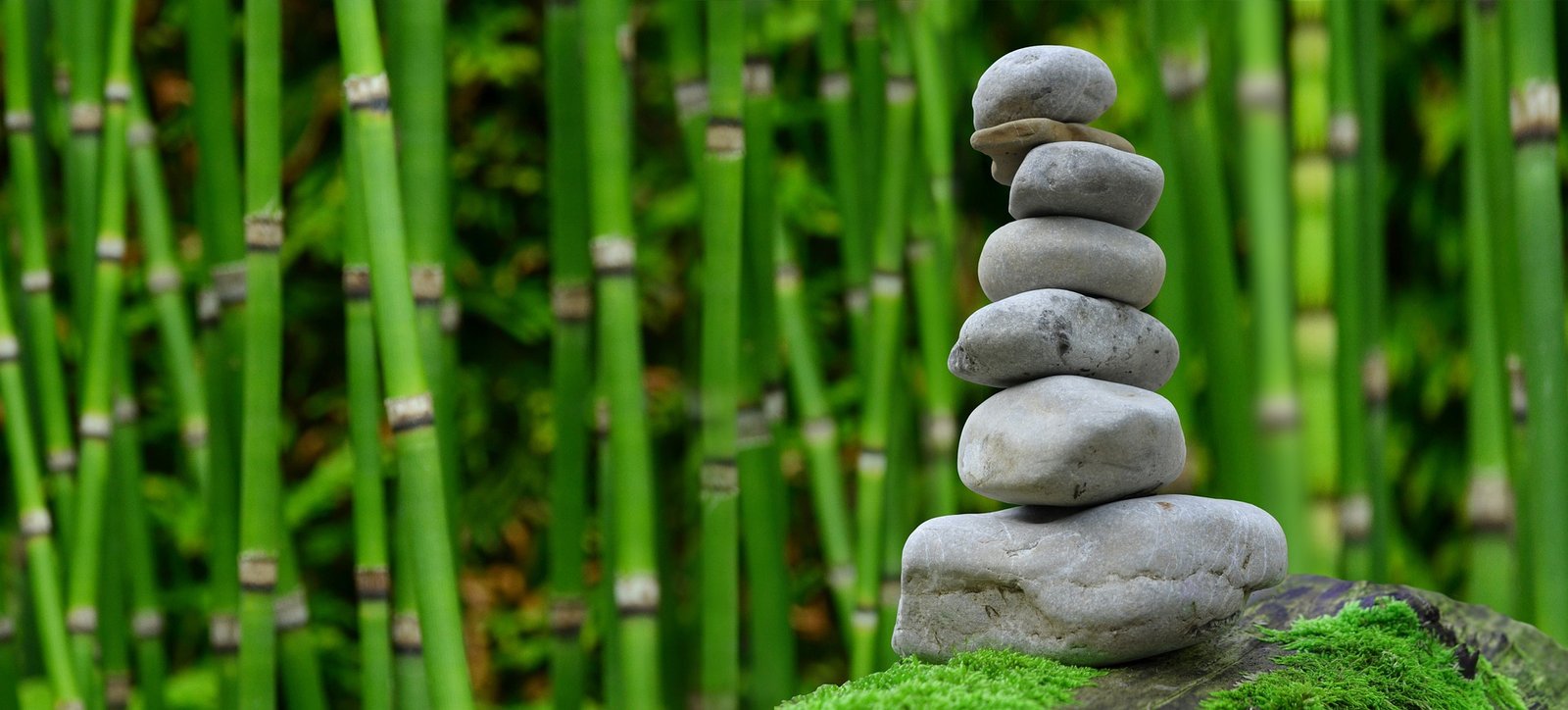
The Unique Aromatic Profile of Patchouli Incense
Top Notes, Middle Notes, and Base Notes
Any fragrance, patchouli included, can be dissected into what perfumers often refer to as “notes.” These are the layers of scents that reveal themselves over the duration of the aromatic experience. For patchouli incense, the top notes often burst forth as a combination of sweet and spicy elements, quickly catching your attention the moment the incense is lit.
The middle notes of patchouli are where its character truly begins to unfold. As the initial intensity mellows, you’ll find yourself enveloped in the richer, earthier tones that make patchouli so distinct. These are the scents that linger in the air, providing the bulk of the aromatic experience.
Finally, the base notes serve as the lasting impression, the “finale” of the aromatic journey. They’re heavier, more subdued, and resonate with a deep, woody richness that can last for hours. It’s these base notes that often serve the purpose of grounding, making patchouli a popular choice in spiritual practices.
Complementary Scents
Patchouli’s intricate aroma doesn’t exist in a vacuum; it thrives in combination with other fragrances. When paired wisely, patchouli can accentuate the best qualities of other scents. For instance, it blends well with floral fragrances like lavender or rose, where its earthiness can balance out the sweetness of these scents. In more oriental blends, patchouli harmonizes with ingredients like sandalwood and frankincense, creating an exotic and luxurious ambiance.
The Chemistry Behind the Scent
The scent of patchouli is not just an art; it’s rooted in science. The key molecule responsible for patchouli’s signature smell is patchoulol—a sesquiterpene alcohol. This chemical compound contributes to the complexity and depth of the aroma. The curing process of the leaves, and even the soil in which the patchouli plant grows, can influence the concentration of patchoulol, thus altering the final aromatic profile.
The presence of other secondary metabolites also contributes to the nuanced variations in scent. It’s this chemical complexity that allows patchouli to offer an aroma that’s both consistent in its earthiness and yet variable enough to offer a unique experience every time you light an incense stick.
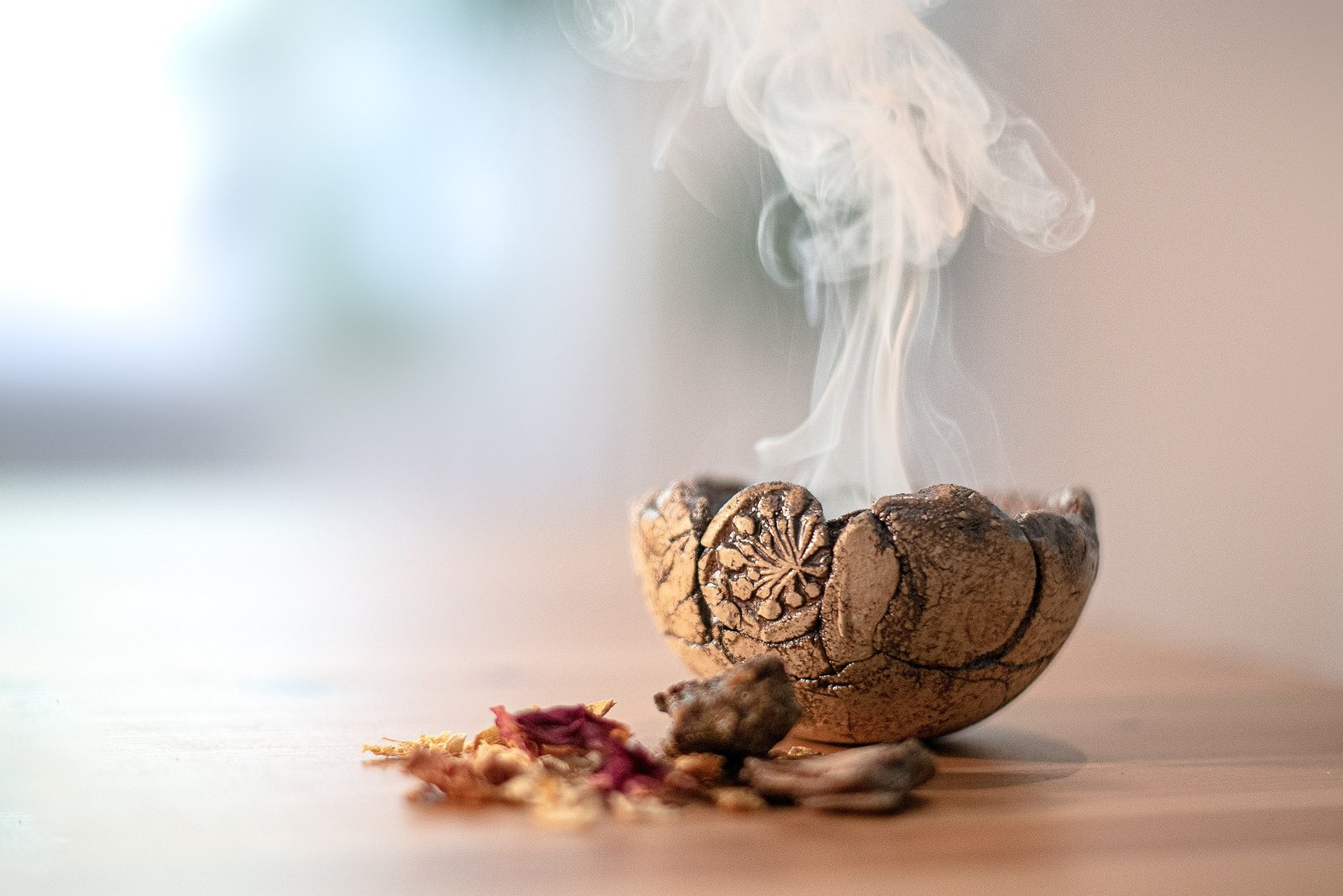
Conclusion
As we wrap up this deep dive into the world of patchouli incense, it becomes abundantly clear that this fragrant offering is much more than just a pleasing scent. Patchouli incense rich historical tapestry, intricately layered aroma, and broad spectrum of benefits coalesce to form an experience that touches upon the physical, mental, and spiritual facets of human life.
Why Patchouli Incense Stands Out
In a market flooded with a multitude of fragrances and options, patchouli distinguishes itself through its unique combination of attributes. It doesn’t merely offer an ephemeral sensory delight; it acts as a bridge, connecting cultures, spiritual practices, and even disciplines like aromatherapy and holistic medicine. Its appeal is universal, transcending geographic and cultural barriers to secure its place as a staple in diverse households and rituals worldwide.
A Sensory Experience for Modern Life
The world we live in is fraught with stressors and distractions. In such an environment, the grounding and calming effects of patchouli incense can serve as a much-needed anchor. Whether you’re engaged in a meditative practice, seeking a focused work environment, or simply aiming to unwind, patchouli delivers on all fronts. It’s not merely an antiquated relic but a modern tool for wellness, suited to contemporary lifestyles yet rooted in ancient wisdom.
Frequently Asked Questions (FAQ)
Is Patchouli Incense Safe for Pets?
While patchouli incense is generally considered safe for humans, caution should be exercised when pets are in the home. Smaller animals like birds and rodents are more sensitive to smoke, so it’s best to keep them in well-ventilated areas away from the incense. For dogs and cats, there’s no definitive evidence to suggest that patchouli incense is harmful, but it’s always best to consult with a vet for personalized advice.
Can Patchouli Incense be Used for Meditation?
Absolutely! The earthy, grounding scent of patchouli makes it an excellent choice for meditation. Its aroma aids in focusing the mind, allowing for deeper states of consciousness and relaxation.
How Long Does the Scent Last?
The staying power of patchouli is one of its standout features. Generally, the aroma can linger for several hours, making it an excellent choice for extended activities like meditation, relaxation, or even social gatherings.
Where Can I Buy Authentic Patchouli Incense?
Patchouli Incense can be found in specialized stores that focus on wellness, spirituality, or aromatherapy. When purchasing, look for brands that use natural ingredients to ensure you’re getting the full benefits of patchouli.


